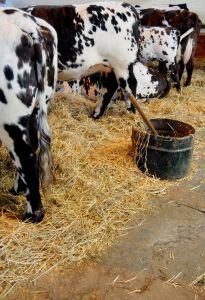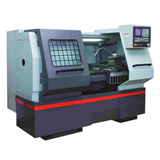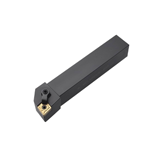The CSIRO's Dr Matthew Hill recently won the Australian Museum Eureka Prize for Emerging Leader in Science for his work using metal-organic frameworks (MOF) to capture gas emissions at world-record levels.
The prize was also awarded to him for his efforts assembling a national cross-discipline team which seeks ways of reducing emissions.
Dr Hill's award-winning MOF act somewhat like a sponge.
Gases bond to its internal surfaces and one gram of material can absorb a litre of gas, meaning it has the same surface area as a football field.
Once trapped, gas can be easily freed from the MOF using only sunlight and turned into products like carbohydrates for stockfeed.
"(It) can wring itself out like a sponge when exposed to light and release as much as 70 per cent of the gas instantly," Dr Hill, 31, said in a statement.
Dr Hill embarked on his research because he doesn't expect changes in people's behaviour will reduce greenhouse gas emissions significantly.
He said his aim was to "allow us to maintain our current lifestyle while lowering the emissions of the technologies we enjoy".
Australian Museum director Frank Howarth said Dr Hill's achievement was remarkable for such a young scientist and would have a large impact on future debates around carbon emissions.
"Research breakthroughs in the field of carbon capture technology have the capacity to dramatically influence global approaches to climate change and energy efficiency," he said.
Dr Hill recently won a $6 million grant which he said he would use to take his research "to the next level".
Dr Hill said he was very excited to have won the prize.
"They say this is the Oscars of science, so to be a part of it is a humbling experience."
Winning the prize will bring more attention to Dr Hill's research and help him and his team implement their developments much quicker.
"We've got one of the big problems in the world here and the more recognition we can get, the faster we can go," he said.
"Carbon dioxide can be turned into things like plastic or fuels or even food and in that way, we actually make an opportunity out of this huge problem."





